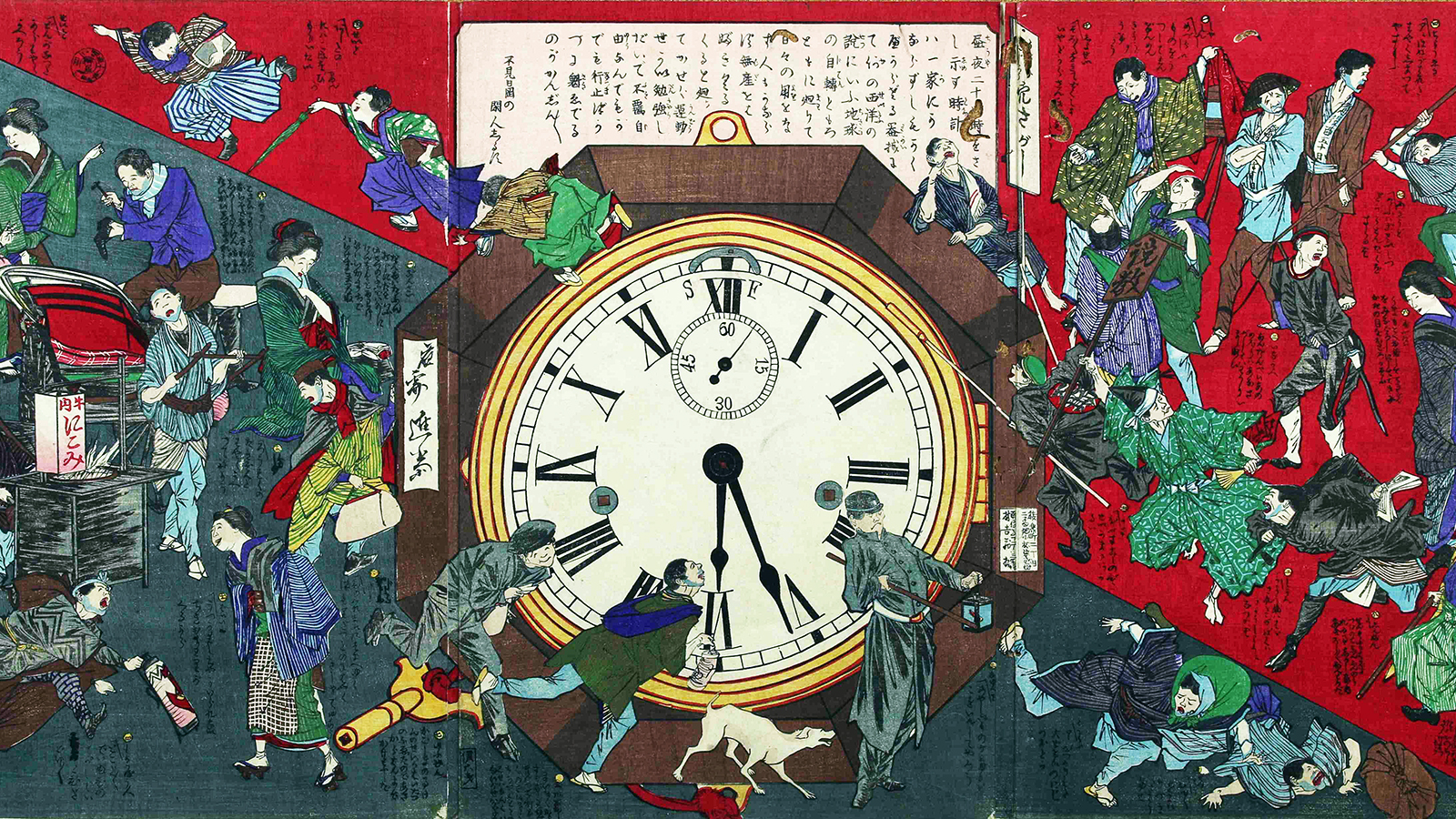Matthew Nisbet explains Obama’s appeal.
Matthew Nisbet: Well, I think Barack Obama, what he does so well is that he translates compassion and empathy and emotion. Positive emotion is what Barack Obama does so well. He inspires, he motivates, in some ways he's—- you know, watching Hilary Clinton and Barack Obama on the primary trail, you saw two heavy weights really going at it in terms of campaign heavy weights and also a campaign team. Both of them were excellent communicators with excellent strategies. They needed to go in different directions based on their natural attributes. In some ways Barack Obama stole the theme of Bill Clinton in 1992, change and hope. And without that theme, Hilary Clinton had to go in a different direction about experience and really focusing on some of the types of fear appeals that Republicans have used so well in the past. But if you notice just like in a science debate, what the media was covering and what the public was most interested in was not in the complexity of the policy issues or the policy differences between these two candidates. It boiled down to information shortcuts and heuristics about character, experience, race, gender, religion and most of the strategic messaging and communication were around those attributes and appealing to those heuristics.
Question: What can we learn from the Monica Lewinsky scandal?
Matthew Nisbet: Well, first you have to- you have to be transparent with all the information. Don't be slow in producing the information, get it all out there. Why? Because if you don't have all the information out there, the media is going to engage in a media frenzy. He was caught in shading the truth and that became the story then and he probably would have been better off early on admitting that he had a "sexual relationship with that woman," instead of denying it.





